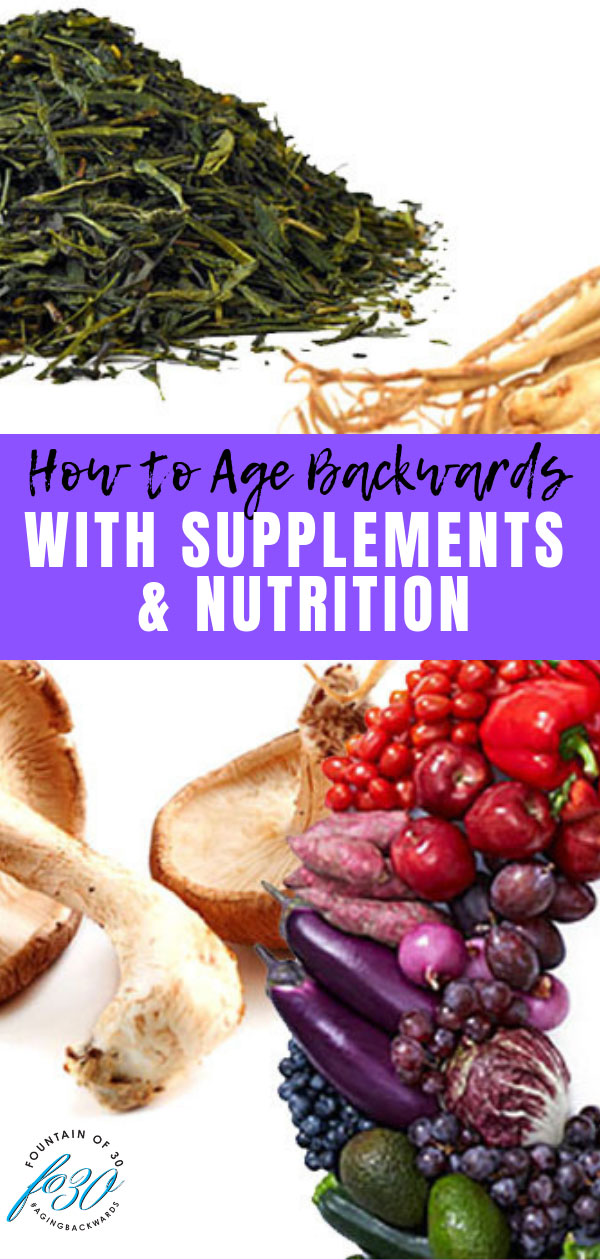Roughly two weeks ago I read an article in The New York Post about a remote Chinese Village where the residents live well into their 100’s. In fact 1 in 100 residents in this village live to be over 100 whereas only 1 in 5,780 live to be over 100 in the US. Not only that these centenarians are vital and living some of the best years of their lives! You can read Mountain Of Youth here and you should. It’s fascinating. Anyway it got me thinking, what are we doing wrong and what can we do to live a younger looking and feeling life? I mean I know we all want to look younger but feeling younger would be a great added bonus don’t you think? I wanted to learn how to age backwards with supplements and nutrition.
How to Age Backwards with Supplements & Nutrition
As we age we seem to be prescribed more and more medications. It’s totally insane. My father was taking nearly 2 dozen pills a day before he passed at 83. After my spinal surgery I was on a ton of painkillers and as I got better I wanted all that poison out of my body as soon as possible. So now I’m on a kick to only take supplements and vitamins to replace what is now depleting or what I killed off since my surgery. And lets’ face it, if it helps me lead a better and younger feeling life, I’ll swallow it or apply it happily!
I have also learned I am not alone on this quest as I am constantly being asked, what can we take and/or eat to help us age backwards? It’s a loaded question. Besides the immediate things we can do to look younger like Botox and fillers, how can we internally stop the clock or possibly even turn it back? We need to look internally. What is going on inside our bodies effects what people see on the outside.
YES! I LOOK FORWARD TO #GROWINGYOUNGER
PLEASE SUBSCRIBE ME TO YOUR MAILING LIST.
So I did some research on natural remedies for anti-aging and boy did I uncover a Pandora’s Box! In fact I almost went down a rabbit hole so my goal here is to make this easy and comprehensive. Don’t think you will take every herb suggested here, otherwise you will be popping vitamins and herbs all day long. You should look for a few that are appropriate to your situation and current regimen, do some research, and talk to a qualified herbalist and your doctor if you have serious health concerns. Luckily, many of the same benefits can be found in the foods you eat.
Where to begin:
The first step is to identify the habits that are aging us prematurely. These include: stress, eating foods that are not nutritious (processed foods and the like which tends to be the standard American diet or SAD for short), not eating enough nutritious food (remember to eat a rainbow of colors when it comes to fruits and vegetables), lack of sleep (try to get 8 hours), lack of exercise (good for stress relief too) and environmental toxins (household cleaners, soaps, deodorants and makeup – go natural or organic as much as possible).
I spoke to my health guru Angus Towse MSOM, founder of Green Man Natural Health, and he informed me there are 3 key components to fighting aging naturally. They are antioxidants, adaptogens and immunomodulatory herbs. I am going to try to break them all down for you.
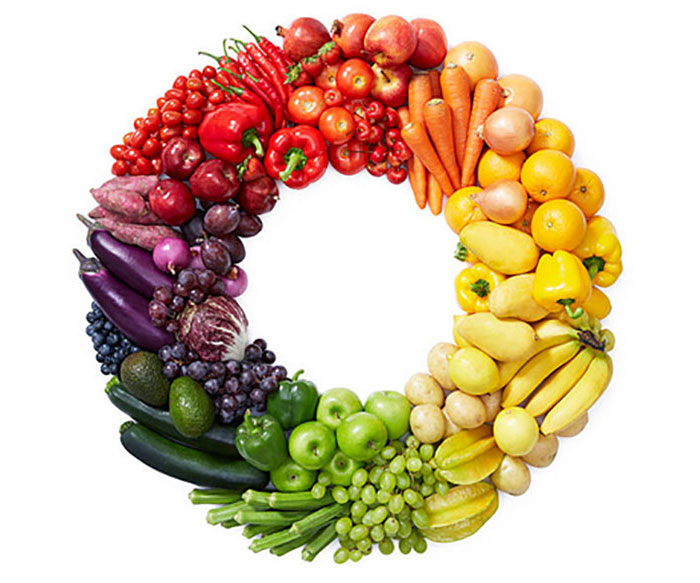
1. Antioxidants
Antioxidants prevent cellular aging. Imagine the inside of your body has an army of antioxidants trying to protect you from the forces of aging and disease. They defend us from diseases like cancer and heart disease, they safeguard memory, reduce the risk of degenerative diseases like Parkinson’s and Alzheimer’s, they protect joints, soothe pain, reduce muscle soreness and fatigue, fend off blindness caused by macular degeneration and cataracts, and even ward off wrinkles. Well, guess what? Your army is under attack as you age.
In layman’s terms you’re constantly being bombarded by negative elements. These include pollution, chemicals and UV rays, which all damage your cells. Even your own body produces stress hormones and toxic chemical reactions. These toxins weaken the molecules in your cells as they are deprived of electrons. An electron is a unit in the cell that carries electrical charges and allows your cells to work together. Electron-deprived molecules are called free radicals, or oxidants. They try to make up for their shortcomings by literally stealing electrons from other molecules. This process damages, or oxidizes, those cells and turns them into electron-swiping free radicals. This war is real and it’s being waged inside your body as it ages. Antioxidants stop the oxidative damage by replacing a molecule’s stolen electron without damaging other molecules; this disarms free radicals and turns them back into productive members of cellular society within your body.
These nutrients can be taken orally, or you can add the foods that provide them to your diet. These would be things like vitamins A, C, E, the trace mineral Selenium (found in shrimp, snapper and Brazil Nuts), Coenzyme Q10 (found in lean beef, chicken breast, and fish), Polyphenols (found in red wine, dark chocolate, tea and coffee), Isothiocyanates (found in broccoli, brussels sprouts, and cauliflower), and plant pigments like Carotenoids (yellow, orange and red found in carrot, squash, melon, sweet potato, and spinach), Anthocyanin (red, purple and blue found in berries, eggplant, cherries, plums, grapes, beans and grains) and Betalain (red, purple and yellow found in beets, chard, amaranth, and purslane).
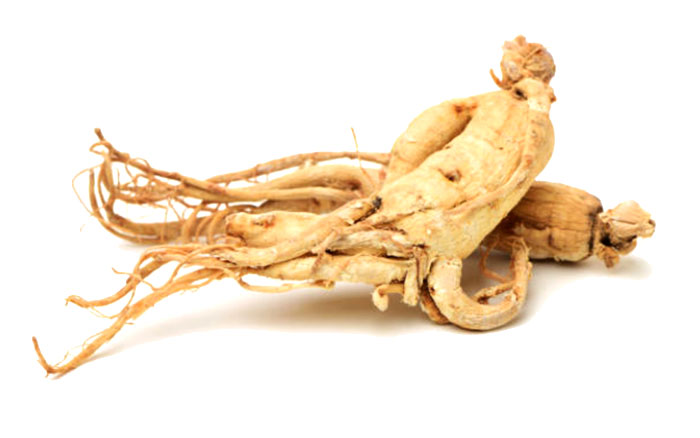
2. Adaptogens
Adaptogens are plants that reduce our stress response which wreaks havoc on our minds, bodies, and skin. They include herbs like ginseng, ashwagandha, and the like (see below). To start with, all these herbs have a stabilizing effect on the neuroendocrine system and especially the HPA axis which regulates our stress response. They also all have immunomodulatory properties, and most have anti-oxidant activity.
Here are some of the herbal adaptogens available, but make sure to check with your doctor because you don’t want any to interact with medications you may be prescribed. You can also get blends at almost any nutrition outlet these days so don’t be afraid you will be taking a ton of vitamins.
Asian Ginseng – In Chinese herbology it’s a qi tonic and has long been used for giving energy and increasing vitality. It seems to offset the effects of stress on the body and improve the immune system. Find Asian Ginseng here.
American Ginseng – Less stimulating than the Asian variety, it strengthens the central nervous system and nourishes the HPA axis. Shop American Ginseng here.
Rhodiola – This improves energy and performance and helps your body manage stress. It is calming, plays a role in normalizing heart rate after stress or exercise, and is also immunomodulatory. Shop Rhodiola here.
Ashwagandha – High in anti-oxidants and is known for its infection fighting properties, it is also calming, used to address depression, reduce the effects of stress, and relieve muscle pain. Find Ashwagandha here.
Holy Basil – supports the cardiovascular system, balances insulin and even improves the moisture level of the skin. It helps to reduce the effects of stress by lowering cortisol levels. Find Holy Basil here.
Fo-ti or He Shou Wu – This Chinese herb is used for fatigue, immune dysfunction and to treat premature aging, particularly premature gray hair. It has mild estrogenic properties and so should be avoided by women with a history of breast cancer. Shop Fo-ti and He Shou Wu here.
Cordyceps – high in anti-oxidants, known for its immunomodulatory properties and its ability to strengthen the lung and kidney systems. Recent research has shown that cordyceps can reverse some of the effects of aging in mice.Shop for Cordyceps here.
Licorice Root – immunomodulatory, detoxifying and healing to the gastrointestinal system. It is contraindicated for those with high blood pressure. Find Licorice Root here.
Schizandra – balances the nervous system, protects the liver, and is also anti-oxidant. Shop for Schizandra here.
Eluthero – particularly good to support the aging immune system. Look for Eluthero here.
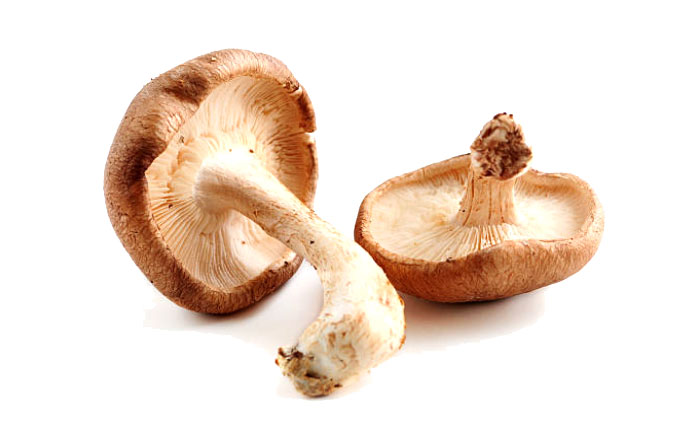
3. Immunomodulatory Herbs
Immunomodulatory herbs regulate and balance the activity of the immune system, strengthening its weaknesses and reducing overactivity.
In addition to the adaptogens listed above these herbs include;
Mushrooms – including most edible mushrooms, Shiitake, Maitake, and other species such as Reishi, and Coriolus/Turkey Tail. They contain oligo and polysaccharides shown to have immunomodulatory activity.
Echinacea – increases white blood cell activity and phagocytosis.
Elder Flower/Berry – increases resistance to viruses
Rice/Wheat Bran – increase white blood cell activity and phagocytosis.
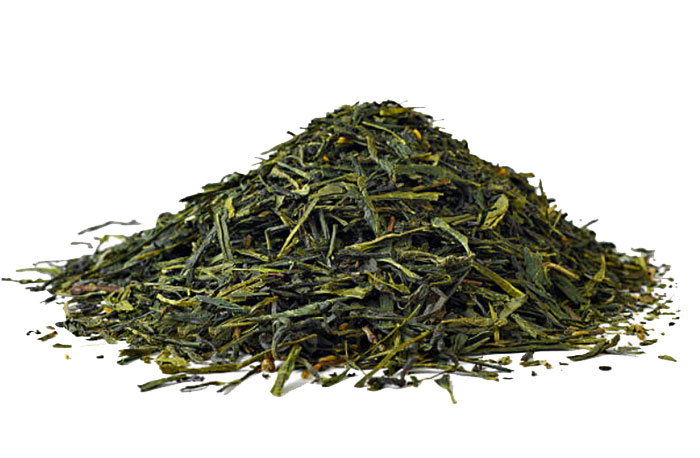
Other useful supplements:
Milk Thistle – improves liver function and works to safeguard your liver from drugs and other toxins. Just make sure you check with our doctor if you are taking drugs which could interact. Find Milk Thistle here.
Fish Oil – for skin suppleness and heart protection, high in omega-3 fatty acids which can also be found in chia, flax, walnut, and hemp. Shop Fish Oil here.
Collagen – for skin, bone and connective tissue. It also helps tighten and plump up skin. Look for Collagen here.
Tumeric – anti-inflammatory, seems to reduce the incidence of certain cancers, and protects the liver (but it has blood thinning properties and should not be combined with blood thinning drugs). Shop for Tumeric here.
Resveratrol – reduces cardiac risk, anti-oxidant, anti-inflammatory, and helps regulate blood sugar. Find Resveratrol here.
Gotu Kola – for memory issues and concentration. It helps protect liver and nerve tissues, is anti-inflammatory, and appears to reduce arterial plaque according to one study. It’s a food herb, and well tolerated. Look for Gotu Kola here.
Royal Jelly – This is a creamy substance produced by young nurse worker bees which is used as a nutrient-rich food for the queen bee. It now has a reputation as a longevity tonic. High in antioxidants, royal jelly is used to strengthen the immune system and reduce inflammation. Find Royal Jelly here.
Ginko Biloba – Like turmeric, ginko improves circulation and can be used to protect against Alzheimer’s and other conditions that affect memory and cognition. It can also help prevent heart disease and macular degeneration. Ginko is not safe to take if you have high blood pressure or glaucoma. Shop Ginko Biloba here.
Chrysanthemum Flower Tea – has a reputation in China for improving longevity if taken daily. It is high in anti-oxidants, caffeine free and has been traditionally used to soothe the liver and reduce high blood pressure. Find Chrysanthemum Flower Tea here.
Green Tea – is ideal for summer because it cools you and is high in anti-oxidants. There has been some positive research that has looked at how drinking green tea can protect the skin from sun damage and reduce wrinkles. Shop for Green Tea here.
Black Tea – does the same as green tea but better for winter as it warms you. Shop for Black Tea here.
The best support you can do for your body is an Anti-Inflammatory Diet which I will cover in another post next week. I thought this was enough to digest in one post. For now think organic, protein and fruits and vegetables. Along with what’s mentioned above you can turn the clock back and it’s never too late to start living a healthier life. Start today.
Written by both Lauren Dimet Waters and Angus J. Towse MSOM, BS(Hort), L.Ac., LMT
You may like to read these healthy recipe ideas like Easy To Make Anti-Inflammatory Golden Milk Smoothie Recipe and Easy To Make Anti-Inflammatory Tumeric Lemon Chicken.
Are you following Fountain Of 30 on Facebook, Twitter, Instagram and Pinterest? We’ve got lots going on, so join in on the fun! Subscribe to our newsletter here. You don’t want to miss a post and promise not to bug you to death. Oh and we also started a Facebook Group called Aging Backwards! for women to discuss everything good and bad about being over 40. And check out Lauren’s #agingbackwards Car Confessions on our Facebook page.
Please pin!
